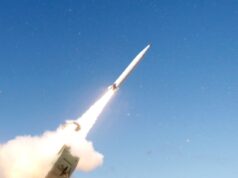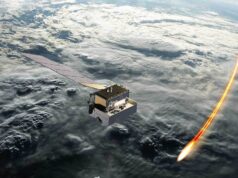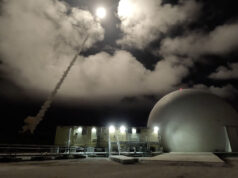The US Naval Supply Systems Command Weapon Systems Support (NAVSUP WSS) renewed a $2.3 billion H-60 Seahawk Performance Based Logistics contract with Lockheed Martin Rotary and Mission Systems.
The H-60 Seahawk PBL renewal is NAVSUP WSS’ fourth PBL contract with LMRMS since 2004, and runs from February 2020 to January 2027 (a five-year period of performance and an option to extend for two years).
“This contract will continue to provide value to the fleet and demonstrate the benefits of long-term contractual arrangements, allowing the government to roll out best practices into follow-on contracts. This PBL contract, based on Federal Acquisition Regulation Part 15 (Contracting by Negotiation), provides supply support for the MH-60R/S helicopter platform. It will cover almost a thousand individual items comprised of Weapon Replaceable Assemblies (WRAs) and Shop Replaceable Assemblies (SRAs) and includes the main rotor blade, main gearbox and the Airborne Low Frequency Sonar (ALFS).
ALFS is a new system add that was not previously supported under the original Seahawk PBL. The ALFS allows for rapid search rate, longer detection range over a wider area and is high performing in both deep and shallow water. The Seahawk PBL is organically sourced with three Fleet Readiness Centers: Southeast, East and Southwest, along with Naval Undersea Warfare Center Division Keyport and Tobyhanna Army Depot.”
The renewal will continue to include demand bands, which are a pricing adjustment mechanism utilized to mitigate the risk associated with demand fluctuation in a long term, firm-fixed price contract.
According to Stephen Van Note, NAVSUP WSS contracting officer:
“The demand band structure is utilized to incentivize the contractor to implement product and process improvements to increase time-on-wing and reliability, reduce failures, and improve supply chain processes. The objective of the PBL contract is to increase reliability and availability of H-60 components, as well as the potential to improve Mean Time Between Depot Demand (MTBDD). By decreasing the MTBDD, parts will be available sooner and reduce the number of backorders to the fleet.”









